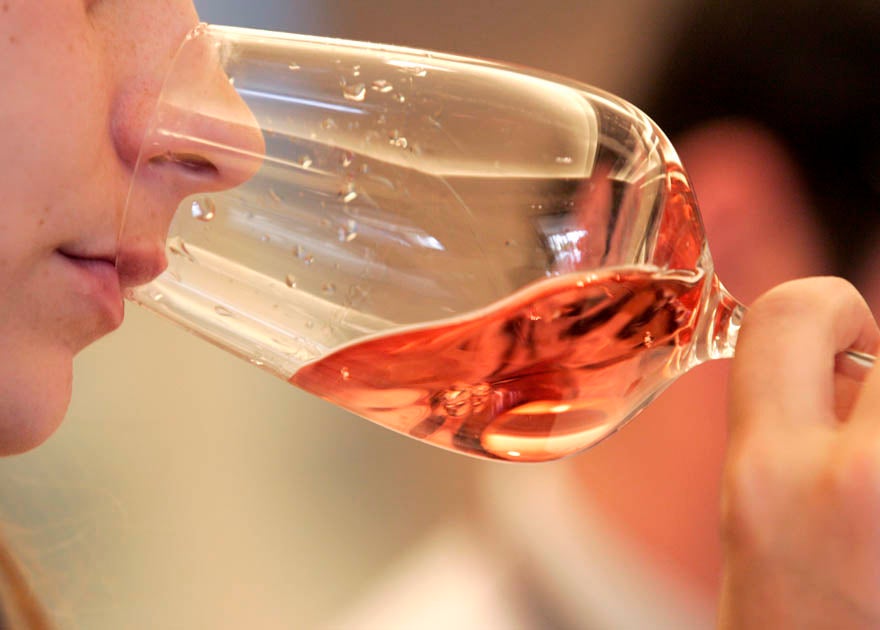EU abandons plan to allow blended rose wine

The war of the rosés is over. The European Commission announced today that it had abandoned its plans to allow European winemakers to make cheap rosé wine by mixing red and white wines together.
The announcement follows a rearguard action by traditional producers in France and Italy who feared that their growing market for pink wine would be flooded by cheap imitations. The European agriculture commissioner, Mariann Fischer Boel, issued a statement saying that she had scrapped plans to lift restrictions on the way that rosé wine is made in the European Union.
“It is important to heed our producers when they are worried about changes in regulations,” she said. “It became clear in recent weeks that the majority in the wine industry believed that ending the ban on blending of wines would damage the image of traditional rosé.”
France accounts for nearly 30 per cent of rosé wine production worldwide and today Agriculture Minister Michel Barnier hailed the EU decision as a victory for his own efforts to “convince the Commission to … defend our culinary way of life”.
In fact, the French government initially approved the European Commission plan earlier this year. Wine producers in some parts of France, where red and white wine is in permanent surplus, wanted to break into the thriving rosé market.
When rosé producers in Provence and the Loire valley complained, Paris pressed for a compromise which would allow real rosé wines to be labelled as “traditional” or “authentic”.
This also infuriated the rosé producers. The booming new market for chilled rosé wine is largely a market amongst young people, they said. Labelling their wine “traditional” would give them a fuddy-duddy image.
The decision by Brussels to drop the plan was greeted with delight by rosé producers today. Xavier de Volontat, president of the French wine producers association, said: “We are relieved that Brussels has agreed to defend wine-making expertise and not commercial considerations.”
Traditional rosé wine is made in two ways and sometimes by blending wine produced by both methods. Red grapes and their skins are macerated, or fermented, for a shorter time than usual, producing a lighter coloured juice. Alternatively, immature red wine is “bled” and the liquid which is siphoned off goes on to become rosé.
The blending of white and red wines to create rosé is permitted in Australia, the US and South Africa. Imports of this blended rosé are permitted by the EU.
Join our commenting forum
Join thought-provoking conversations, follow other Independent readers and see their replies
Comments
Bookmark popover
Removed from bookmarks